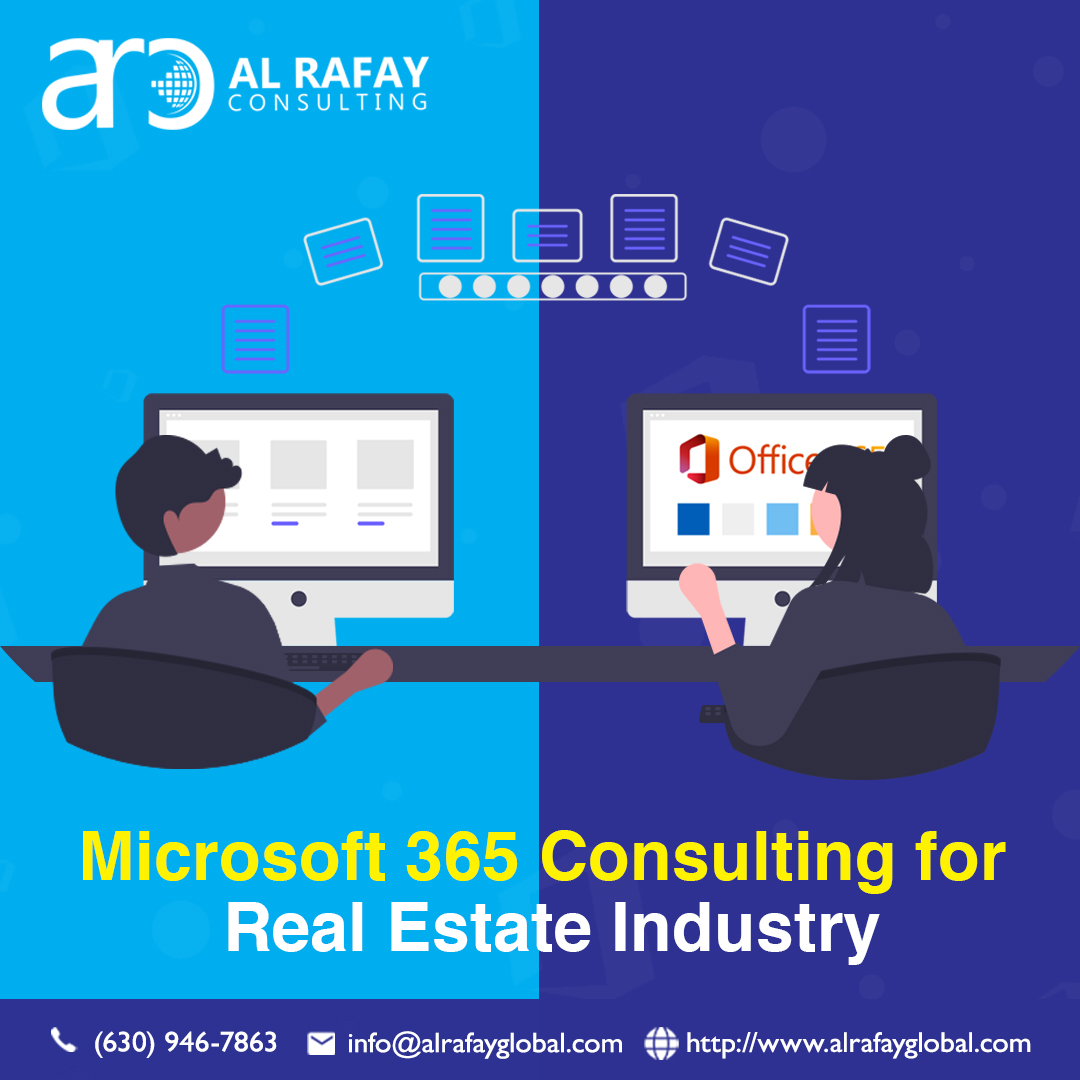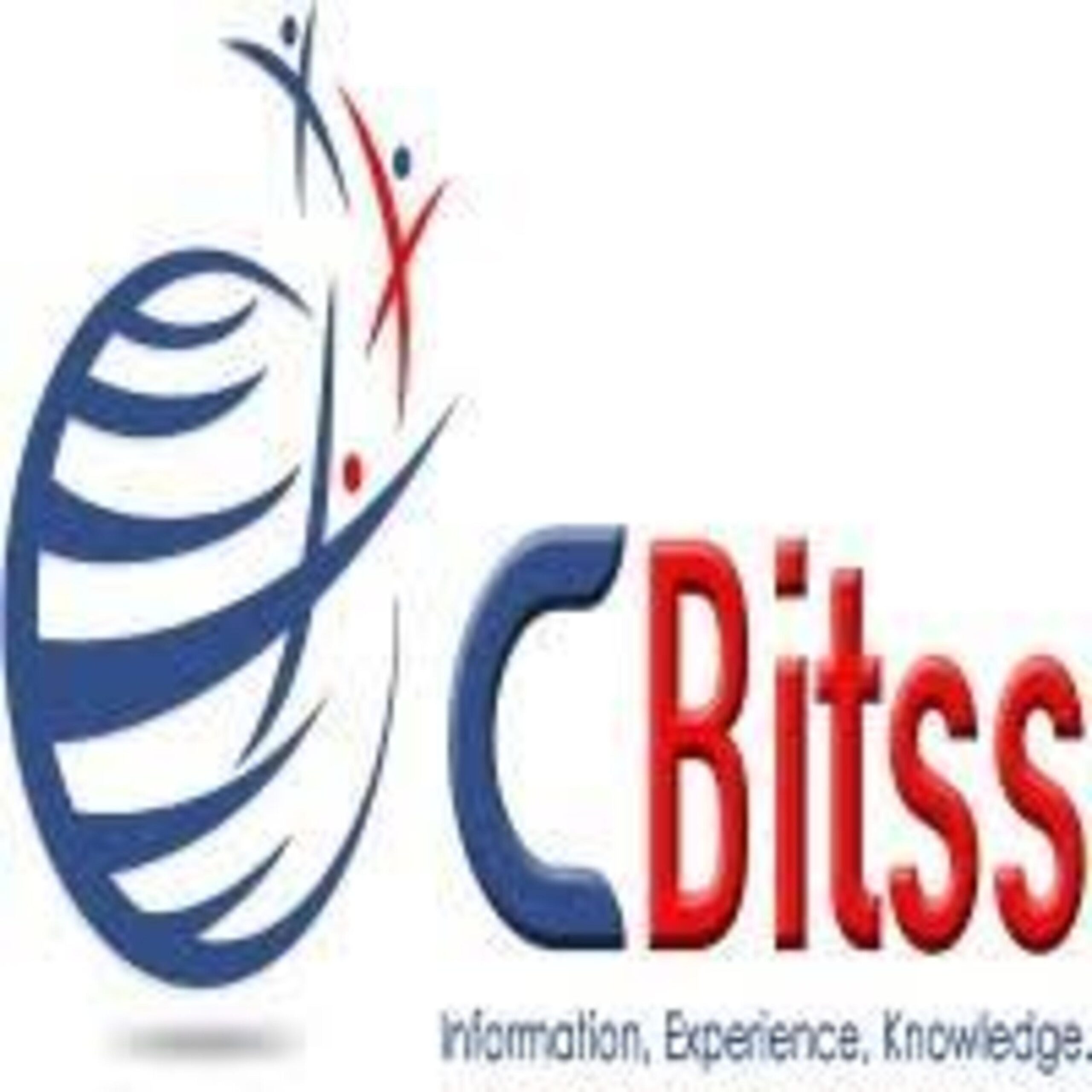Magnetic Resonance Imaging (MRI) has revolutionized the medical field by providing detailed images of the body’s internal structures without the need for invasive procedures. Over the years, advancements in MRI software have played a significant role in enhancing the capabilities of MRI machines, making them more efficient, accurate, and user-friendly. This evolution has been further supported by MRI consulting, which helps medical facilities optimize their MRI services. In this blog, we will explore the critical role of MRI software in modern imaging and the benefits of MRI consulting in enhancing healthcare services.
Understanding MRI Software
MRI software is the backbone of MRI technology. It manages the entire imaging process, from the initial scan to the final interpretation of the images. Here are some of the primary functions and advancements in MRI software:
1. Image Reconstruction and Enhancement
One of the main functions of MRI software is to reconstruct images from raw data. The software uses complex algorithms to convert signals captured by MRI machines into detailed images of the body’s internal structures. Recent advancements in image reconstruction techniques have enabled faster processing times and higher resolution images, providing clearer and more precise diagnostic information.
2. Artificial Intelligence and Machine Learning
The integration of artificial intelligence (AI) and machine learning (ML) into MRI software has been a game-changer. These technologies can analyze vast amounts of imaging data, recognize patterns, and even predict outcomes. AI-driven MRI software can assist radiologists by highlighting potential abnormalities and reducing the time required for image analysis. This not only enhances diagnostic accuracy but also improves patient outcomes by enabling earlier detection of diseases.
3. Automated Workflow Management
Modern MRI software often includes features for automating workflow management. This includes scheduling scans, managing patient data, and storing and retrieving imaging results. Automated workflow management helps streamline operations, reduce errors, and enhance patient care by ensuring that all necessary information is readily available to healthcare professionals.
4. Enhanced User Interface and Experience
User-friendly interfaces are a hallmark of advanced MRI software. These interfaces are designed to be intuitive, allowing radiologists and technicians to navigate through complex imaging tasks with ease. A well-designed user interface reduces the learning curve, minimizes the risk of errors, and improves the overall efficiency of MRI procedures.
The Role of MRI Consulting
While MRI software advancements have significantly improved imaging capabilities, MRI consulting plays a vital role in ensuring that healthcare facilities make the most of these technological advancements. MRI consulting involves providing expert advice and support to medical facilities to optimize their MRI services. Here are some of the key benefits of MRI consulting:
1. Equipment Selection and Optimization
MRI consulting firms help healthcare facilities select the right MRI equipment based on their specific needs. This includes evaluating different MRI machines and software options to determine the best fit for the facility’s patient demographics, budget, and clinical requirements. Additionally, consultants provide guidance on optimizing existing equipment to improve performance and extend its lifespan.
2. Workflow Optimization
MRI consulting services also focus on optimizing workflows within MRI departments. This involves analyzing current practices, identifying bottlenecks, and implementing strategies to improve efficiency. Workflow optimization can lead to reduced scan times, increased patient throughput, and enhanced overall productivity.
3. Staff Training and Development
Proper training is essential for maximizing the benefits of advanced MRI software and equipment. MRI consulting firms offer training programs for radiologists, technicians, and other healthcare professionals to ensure they are proficient in using the latest MRI technologies. This training can cover everything from basic operational skills to advanced techniques for image analysis and interpretation.
4. Regulatory Compliance and Quality Assurance
Ensuring compliance with regulatory standards is crucial for any medical facility offering MRI services. MRI consultants assist facilities in adhering to local, national, and international regulations regarding MRI safety, data management, and patient care. They also help establish quality assurance programs to maintain high standards of service and patient satisfaction.
Integrating MRI Software and Consulting for Optimal Outcomes
The combination of cutting-edge MRI software and expert MRI consulting can lead to significant improvements in MRI services. By integrating these two elements, healthcare facilities can achieve the following:
1. Enhanced Diagnostic Accuracy
Advanced MRI software, coupled with expert consulting, ensures that healthcare facilities have access to the latest imaging technologies and techniques. This enhances diagnostic accuracy, allowing for the early detection and treatment of diseases, which can significantly improve patient outcomes.
2. Improved Operational Efficiency
MRI consulting helps optimize workflows and train staff, while MRI software provides the tools needed to streamline imaging processes. Together, these elements can reduce scan times, minimize errors, and increase patient throughput, leading to improved operational efficiency.
3. Better Patient Experience
A well-optimized MRI service, supported by advanced software and expert consulting, can lead to a better patient experience. Faster scan times, accurate diagnoses, and efficient service delivery all contribute to patient satisfaction and trust in the healthcare facility.
4. Cost-Effectiveness
Investing in MRI software and consulting may seem like a significant expense initially, but the long-term benefits far outweigh the costs. Optimized workflows, reduced errors, and extended equipment lifespan can lead to substantial cost savings for healthcare facilities.
Future Trends in MRI Technology
The field of MRI technology is continuously evolving, with new advancements on the horizon that promise to further enhance imaging capabilities and patient care. Here are some future trends to watch for:
1. Real-Time MRI Imaging
Researchers are working on developing real-time MRI imaging capabilities, which would allow for dynamic imaging of moving structures within the body, such as the heart and lungs. This advancement could provide more detailed information for diagnosing and treating conditions that involve movement.
2. Portable MRI Machines
The development of portable MRI machines could revolutionize access to MRI services, particularly in remote or underserved areas. These machines are being designed to be more compact and easier to transport while still providing high-quality imaging.
3. Quantum Computing in MRI
Quantum computing has the potential to revolutionize MRI technology by significantly speeding up image reconstruction processes and enabling the analysis of much larger datasets. This could lead to even more precise and detailed imaging capabilities.
Conclusion
MRI technology has come a long way since its inception, with MRI software and MRI consulting playing pivotal roles in its advancement. By leveraging these tools and services, healthcare facilities can optimize their MRI services, improve patient outcomes, and enhance operational efficiency. As the field continues to evolve, we can expect even more exciting developments that will further transform MRI technology and its impact on healthcare.



